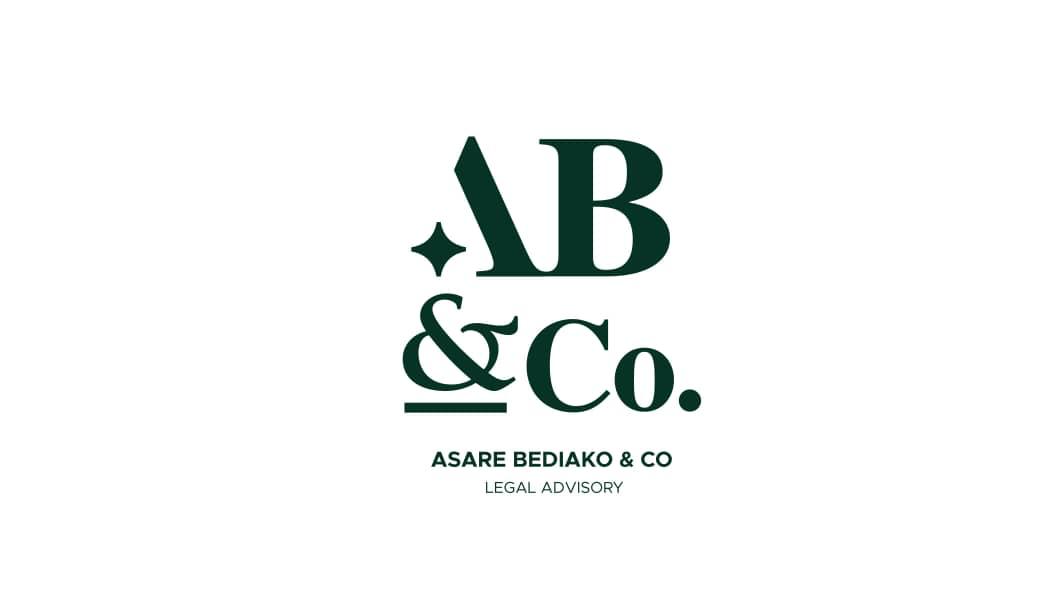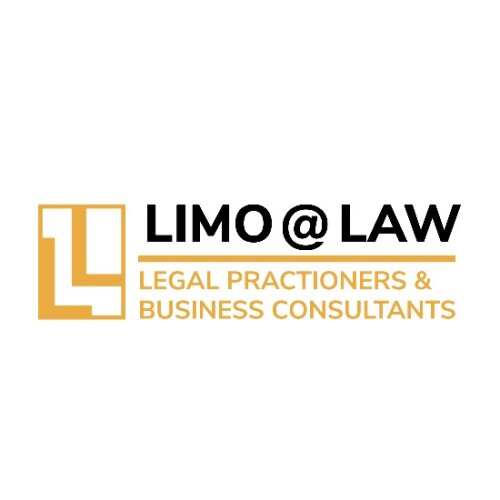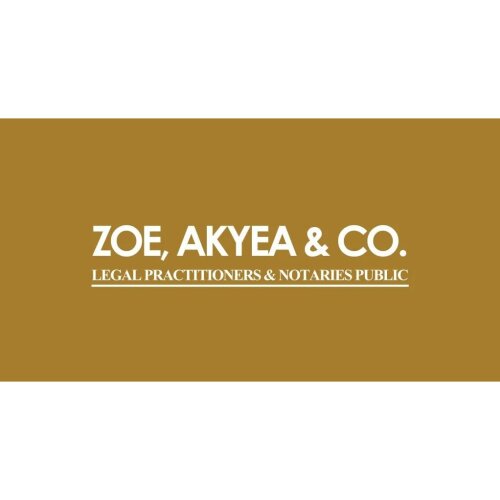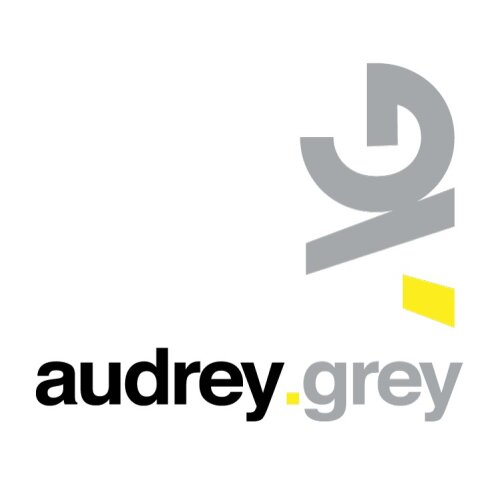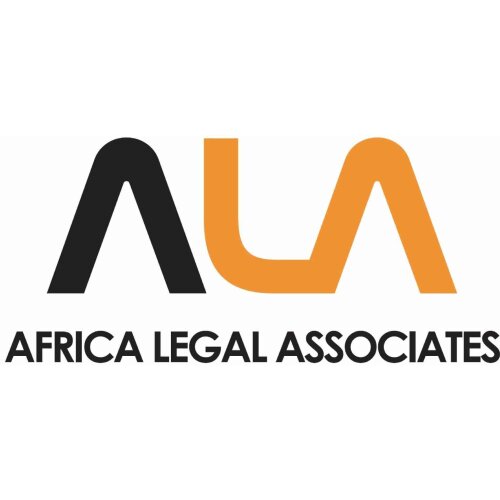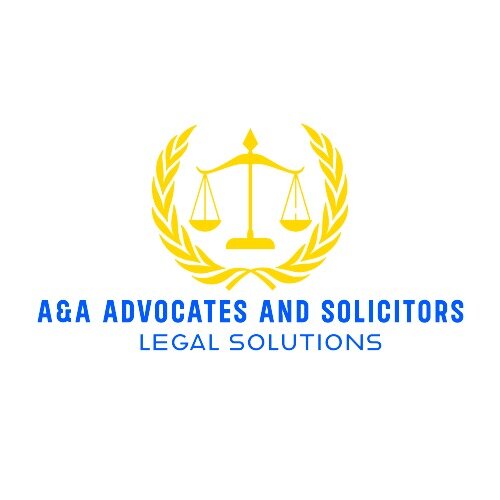Best Debt & Collection Lawyers in Ghana
Share your needs with us, get contacted by law firms.
Free. Takes 2 min.
Or refine your search by selecting a city:
List of the best lawyers in Ghana
About Debt & Collection Law in Ghana
Debt and collection law in Ghana is governed primarily by the Contracts Act of 1960 and subsequent legal frameworks that cover financial obligations and dealings. The legal system provides guidelines for the recovery of debts and the protection of both creditors and debtors. The courts in Ghana play a crucial role in enforcing these laws, providing a structured mechanism for dispute resolution. Legislation and regulations aim to foster fair practices amongst lenders and borrowers, ensuring debt recovery is conducted in a legal and ethical manner.
Why You May Need a Lawyer
Legal assistance may be necessary in various scenarios, primarily when dealing with complex financial obligations. You might need a lawyer if you are being pursued for an unpaid debt, which could involve understanding your rights and potential defenses. Creditors may also seek legal advice to navigate the process of recovering debts, especially in instances where amicable recoveries have failed. Moreover, a lawyer can help interpret contractual terms, negotiate settlements, and represent either party in court if needed.
Local Laws Overview
The debt recovery process in Ghana is subject to legal provisions, including statutes of limitation which dictate the time frame within which a creditor can claim a debt. Generally, this period lasts six years from when the debt became due. The Borrowers and Lenders Act of 2008 emphasizes fair lending practices and requires full disclosure of loan terms to prevent exploitation. Additionally, courts in Ghana usually serve as the final arbiter in debt disputes, following due process to ensure fair outcomes for conflicting parties.
Frequently Asked Questions
How can a debt be legally enforced in Ghana?
A creditor can initiate a court action to enforce a debt. This involves filing a claim and potentially seeking a judgment which, if granted, can lead to enforcement actions such as attachment of assets.
What should I do if I receive a demand letter for a debt?
Upon receiving a demand letter, it is important to verify the legitimacy of the claim and consult a lawyer. You may also negotiate repayment terms with the creditor if the debt is valid.
What is the statute of limitations on debt collection in Ghana?
The statute of limitations for debt collection in Ghana is generally six years from the date the debt became due. After this period, creditors may be unable to legally enforce the debt through the courts.
Can interest rates on loans be challenged legally?
Yes, if interest rates are determined to be unlawful or exploitative. The Borrowers and Lenders Act mandates fair interest practices, and courts can intervene when terms are unreasonable.
What defenses are available against debt claims?
Common defenses include disputing the debt's validity, asserting that the debt has been paid or settled, challenging the amounts claimed, and statutes of limitation.
What happens if a debtor cannot pay the debt?
If a debtor cannot pay, they may engage in negotiations for a repayment plan or settlement. Failing which, creditors may seek legal recourse, which could result in asset attachment.
Is debt collection regulated in Ghana?
Yes, debt collection is subject to several legal frameworks that ensure creditors follow legal procedures in recovering debts, protecting both lender and borrower rights.
Can a creditor attach my salary to recover a debt?
A creditor may apply to the court for a garnishee order to attach part of a debtor’s salary, but this requires legal proceedings and a court order.
How can I settle a debt dispute out of court?
Debtors and creditors can opt for negotiation, mediation, or arbitration to settle disputes. An agreement is documented and adhered to by both parties to avoid litigation.
What is a "payment plan" in the context of debt recovery?
A payment plan is an agreement between a debtor and a creditor to repay a debt in installments over an agreed period, often used to alleviate the financial burden on the debtor.
Additional Resources
Individuals in need of further assistance can refer to the Ghana Bar Association for legal representation or advice. The Bank of Ghana provides regulatory frameworks and resources on fair lending and borrowing practices. Legal Aid Ghana offers services for those unable to afford private counsel, and the Commercial Court plays a significant role in resolving debt and collection-related disputes.
Next Steps
If you require legal assistance in debt and collection matters, begin by consulting a qualified legal professional who specializes in this area of law. Gather all relevant documentation, including contracts, communications with creditors, and any court documents. Consider mediation as a first step to resolving disputes amicably. If court proceedings are necessary, your lawyer will guide you through the legal process, helping you understand your rights and responsibilities.
Lawzana helps you find the best lawyers and law firms in Ghana through a curated and pre-screened list of qualified legal professionals. Our platform offers rankings and detailed profiles of attorneys and law firms, allowing you to compare based on practice areas, including Debt & Collection, experience, and client feedback.
Each profile includes a description of the firm's areas of practice, client reviews, team members and partners, year of establishment, spoken languages, office locations, contact information, social media presence, and any published articles or resources. Most firms on our platform speak English and are experienced in both local and international legal matters.
Get a quote from top-rated law firms in Ghana — quickly, securely, and without unnecessary hassle.
Disclaimer:
The information provided on this page is for general informational purposes only and does not constitute legal advice. While we strive to ensure the accuracy and relevance of the content, legal information may change over time, and interpretations of the law can vary. You should always consult with a qualified legal professional for advice specific to your situation.
We disclaim all liability for actions taken or not taken based on the content of this page. If you believe any information is incorrect or outdated, please contact us, and we will review and update it where appropriate.
Browse debt & collection law firms by city in Ghana
Refine your search by selecting a city.



